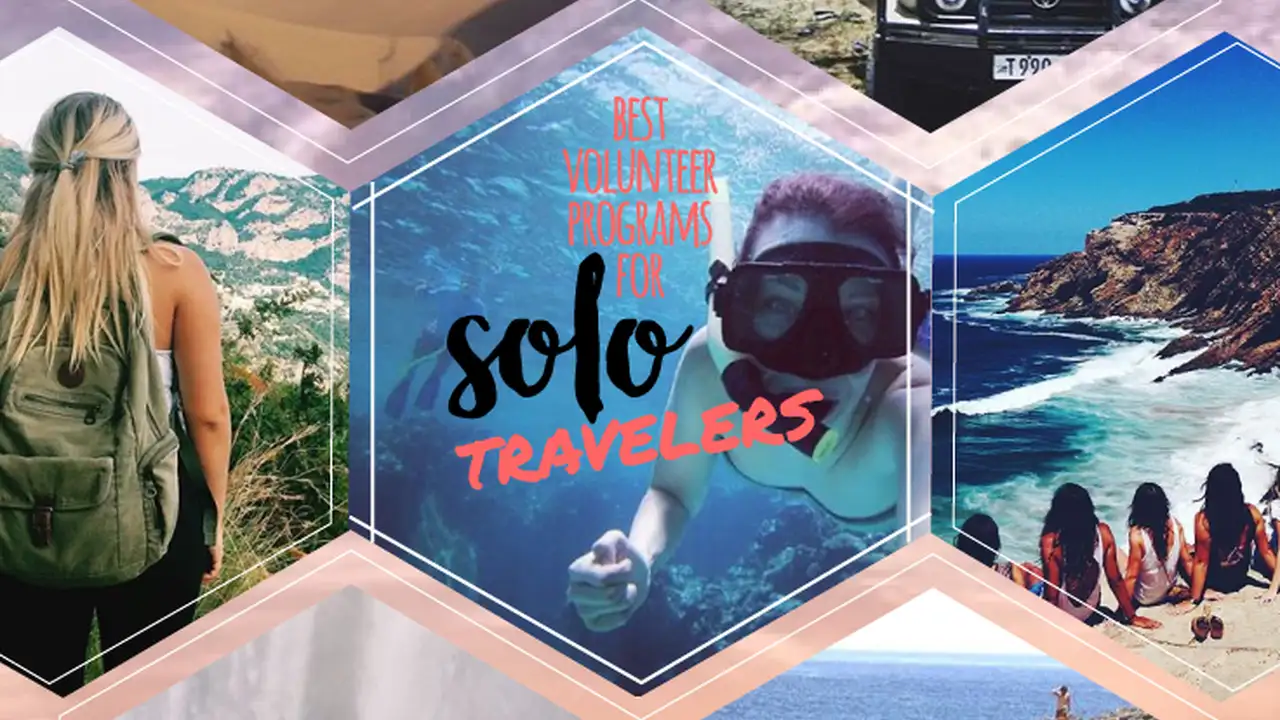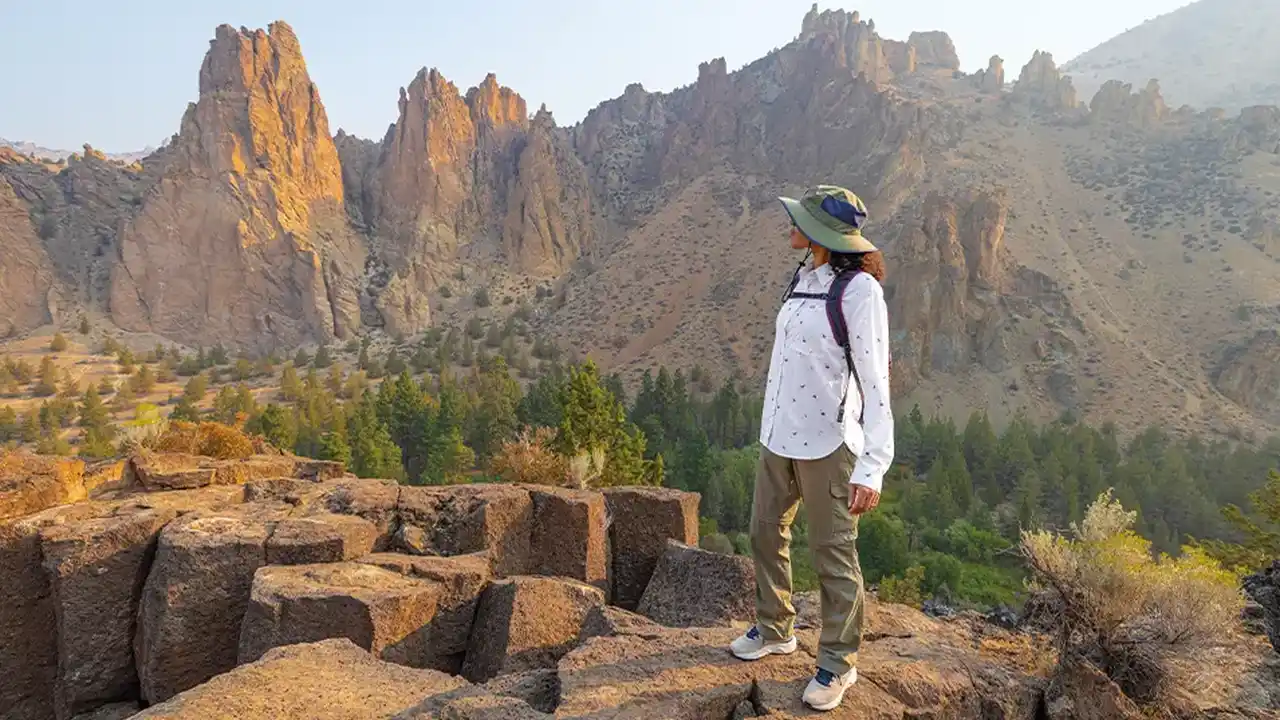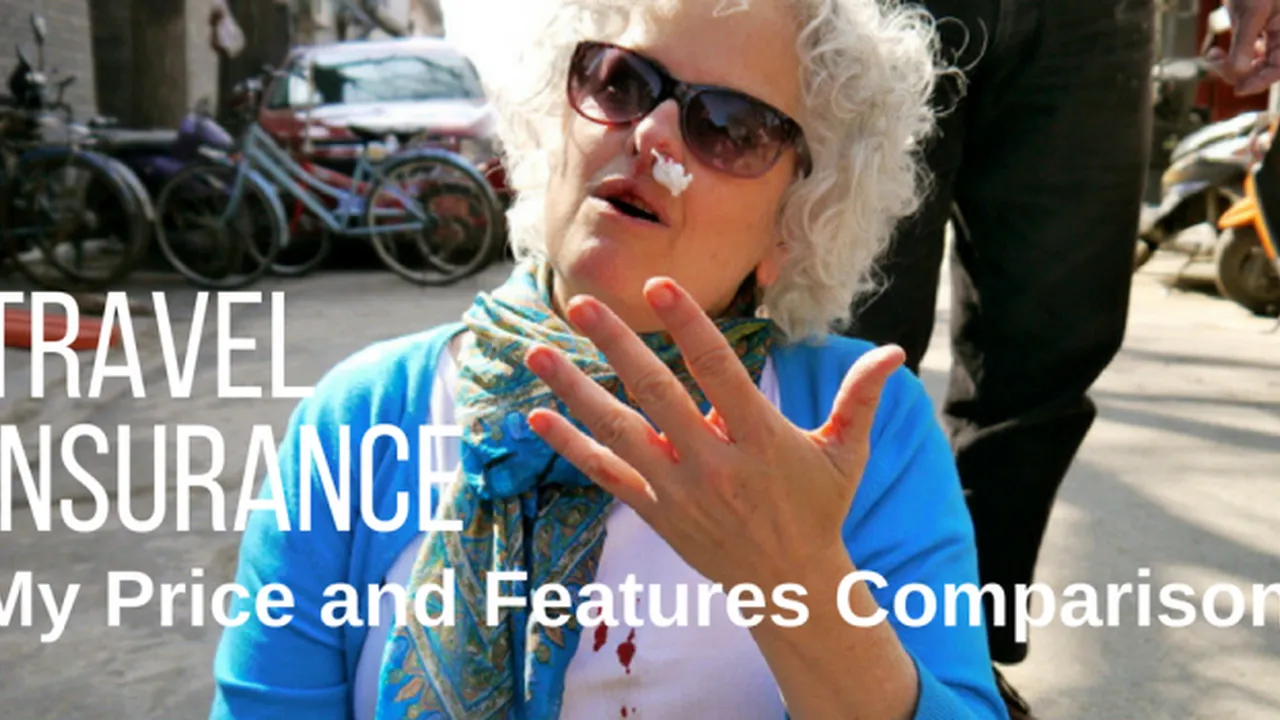Volunteering Solo Travel Impact
Unlock the secrets to meeting new people while traveling solo through volunteering opportunities. This guide highlights reputable organizations and projects. Contribute to local communities and create meaningful experiences.

Why Volunteer While Traveling Solo Volunteering Benefits
So, you're thinking about volunteering while traveling solo? Awesome! It's a fantastic way to not only see the world but also make a real difference. Forget just being a tourist; volunteering lets you dive deep into a local community, connect with people on a meaningful level, and leave a positive impact. Plus, it's a killer way to meet like-minded individuals – both locals and other travelers – who share your passion for giving back.
Choosing the Right Volunteering Project Solo Traveler Options
Okay, let's get practical. Finding the right volunteering project is key. First, think about what you're passionate about. Are you an animal lover? Maybe working at a wildlife sanctuary is your thing. Concerned about education? Look into teaching opportunities. Love the environment? Tree planting or beach cleanups could be perfect. There are tons of options out there! Websites like Volunteer World, Idealist, and MovingWorlds are great places to start your search. Also, consider the duration and commitment level. Some projects require a longer stay, while others are more flexible. For solo travelers, it's often best to choose projects with a good support system and clear communication.
Reputable Volunteering Organizations Solo Travel Resources
Speaking of reputable organizations, let's talk specifics. Here are a few that consistently get great reviews from solo travelers:
- GVI (Global Vision International): GVI offers a wide range of projects, from marine conservation in Thailand to community development in Costa Rica. They're known for their well-structured programs and strong focus on ethical volunteering.
- Projects Abroad: Projects Abroad is another big player, with projects in over 50 countries. They offer everything from teaching and childcare to healthcare and journalism placements.
- Worldpackers: Worldpackers is a bit different. It's a platform where you can exchange your skills for accommodation and experiences. You might be helping out at a hostel, an eco-lodge, or even a farm. It's a great budget-friendly option.
- Local NGOs: Don't overlook local non-governmental organizations (NGOs). These smaller organizations often have a more direct impact on the community. Do your research and make sure they are legitimate and transparent.
Product Spotlight Volunteering Gear Recommendations
Alright, let's talk gear. You'll want to pack smart for your volunteering trip. Here are a few essentials:
- LifeStraw Personal Water Filter: This is a must-have, especially if you're going to be in a developing country. It filters out bacteria and parasites, making water safe to drink. You can find it on Amazon for around $20.
- Headlamp: Super handy for navigating in the dark, especially if you're volunteering in a rural area. The Black Diamond Spot 350 is a great option, lightweight and durable, around $40.
- First-Aid Kit: Don't leave home without a well-stocked first-aid kit. Include essentials like bandages, antiseptic wipes, pain relievers, and any personal medications. Adventure Medical Kits make some excellent pre-packaged kits, starting around $30.
- Reusable Water Bottle: Stay hydrated and reduce plastic waste with a reusable water bottle. The Hydro Flask is a popular choice, keeping drinks cold for hours, around $35.
- Universal Travel Adapter: Essential for charging your devices. The EPICKA Universal Travel Adapter works in most countries and has multiple USB ports, around $25.
Scenario Specific Gear Recommendations
Let's break down the best gear for some common volunteer scenarios:
- Wildlife Conservation (Jungle): Lightweight, breathable clothing in neutral colors is key to avoid attracting insects. Consider a long-sleeved shirt and pants treated with permethrin for insect repellent. Waterproof hiking boots are a must for navigating muddy trails. A durable backpack with a rain cover will protect your belongings.
- Teaching English (Rural School): Bring a portable whiteboard or flip chart for interactive lessons. Pack educational games and activities to keep students engaged. A comfortable and supportive daypack will help you carry your teaching materials.
- Construction (Community Project): Sturdy work boots with steel toes are essential for protection. Wear work gloves to prevent blisters and injuries. A hard hat is crucial for safety on the construction site. Bring sunscreen and a wide-brimmed hat to protect yourself from the sun.
- Medical (Clinic): Comfortable and supportive shoes are vital for long hours on your feet. A lightweight and breathable scrub set will keep you cool and professional. Hand sanitizer is essential for maintaining hygiene. A small notebook and pen will help you take notes and record observations.
Ethical Volunteering Practices Respectful Travel Tips
Okay, this is super important. Ethical volunteering is all about making sure you're actually helping, not hurting. Here are a few key things to keep in mind:
- Do your research: Make sure the organization is reputable and transparent about how they use their funds.
- Don't take jobs away from locals: Choose projects that support local employment, not replace it.
- Respect local culture: Learn about the local customs and traditions and be mindful of your behavior.
- Avoid voluntourism traps: Be wary of programs that focus more on your experience than on the needs of the community.
- Be realistic about your skills: Don't volunteer for something you're not qualified to do.
Product Comparison Volunteer Placement Services
Let's compare some popular volunteer placement services to help you decide which one is right for you:
- GVI (Global Vision International):
- Pros: Strong focus on ethical volunteering, well-structured programs, experienced staff, diverse range of projects.
- Cons: Can be more expensive than other options.
- Price Range: $1500 - $5000+ for 2-12 weeks.
- Projects Abroad:
- Pros: Wide range of projects in many countries, established organization, good support system.
- Cons: Can be a bit less flexible than smaller organizations, some projects may be less impactful.
- Price Range: $2000 - $6000+ for 2-12 weeks.
- Worldpackers:
- Pros: Budget-friendly, great for cultural exchange, flexible options.
- Cons: Requires you to exchange your skills for accommodation, may not be as structured as other programs.
- Price Range: Annual membership fee of around $49.
- Local NGOs:
- Pros: Direct impact on the community, often more affordable, opportunity to work closely with local people.
- Cons: Requires more research to find reputable organizations, may not have the same level of support as larger organizations.
- Price Range: Varies greatly, some may be free, others may require a donation.
Product: Volunteer Card A New Way to Support Local Communities
The Volunteer Card is a new product designed to connect travelers with local communities in a meaningful way. It's a prepaid card that can be used at participating businesses that support local initiatives. By using the Volunteer Card, travelers can directly contribute to the economic well-being of the communities they visit, while also discovering unique and authentic experiences.
- How it Works: Purchase a Volunteer Card online or at participating locations. Load the card with funds. Use the card at participating businesses, such as local restaurants, shops, and tour operators. A portion of each transaction is donated to local community projects.
- Benefits: Supports local businesses, promotes sustainable tourism, provides travelers with a convenient way to give back, offers exclusive discounts and promotions.
- Price: The Volunteer Card itself is free. Travelers can load the card with any amount they choose.
Making Meaningful Connections Local Immersion Ideas
Volunteering is a fantastic way to connect with locals, but it's not the only way. Here are a few other ideas:
- Learn the local language: Even a few basic phrases can go a long way.
- Participate in local festivals and events: Immerse yourself in the culture and celebrate with the community.
- Eat at local restaurants: Support local businesses and try authentic cuisine.
- Take a cooking class: Learn how to prepare traditional dishes and connect with local chefs.
- Visit local markets: Experience the vibrant atmosphere and interact with local vendors.
Addressing Challenges Common Solo Travel Issues
Volunteering solo can be amazing, but it's not always easy. Here are a few common challenges and how to deal with them:
- Loneliness: It's normal to feel lonely sometimes. Combat this by actively seeking out social opportunities. Join group activities, strike up conversations with other volunteers, and stay in touch with friends and family back home.
- Culture shock: Adjusting to a new culture can be challenging. Be patient with yourself and try to learn as much as you can about the local customs and traditions.
- Language barriers: Communication can be difficult if you don't speak the local language. Use translation apps, take language classes, and be patient with yourself and others.
- Feeling overwhelmed: Volunteering can be emotionally and physically demanding. Make sure to take breaks and prioritize self-care.
Long Term Impact Sustained Volunteering Effects
The impact of your volunteering experience can last long after you return home. You'll gain new skills, broaden your perspective, and make lasting connections. Plus, you'll have the satisfaction of knowing that you made a positive difference in the world. Volunteering can also be a great way to boost your resume and gain valuable experience for your career.
Product: Travel Insurance Specifically Designed for Volunteers
Standard travel insurance may not cover all the activities you'll be undertaking while volunteering. Consider purchasing travel insurance specifically designed for volunteers, which will provide coverage for medical expenses, trip cancellations, and personal liability.
- World Nomads: Offers travel insurance specifically designed for adventurers and volunteers.
- Allianz Global Assistance: Provides comprehensive travel insurance plans with options for volunteer activities.
- IMG Global: Offers travel insurance plans with coverage for medical expenses, trip interruptions, and personal liability.
:max_bytes(150000):strip_icc()/277019-baked-pork-chops-with-cream-of-mushroom-soup-DDMFS-beauty-4x3-BG-7505-5762b731cf30447d9cbbbbbf387beafa.jpg)






